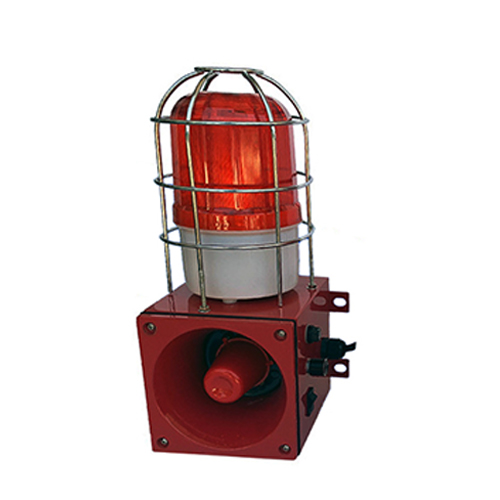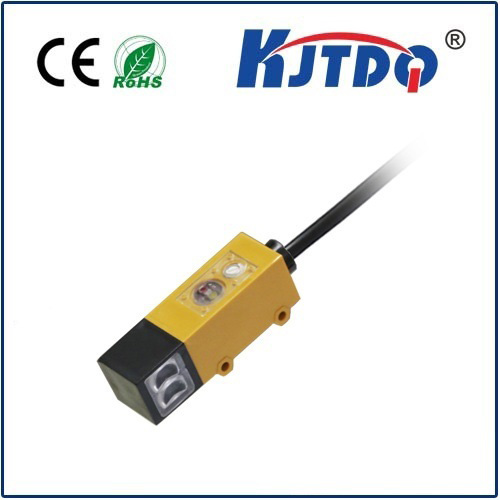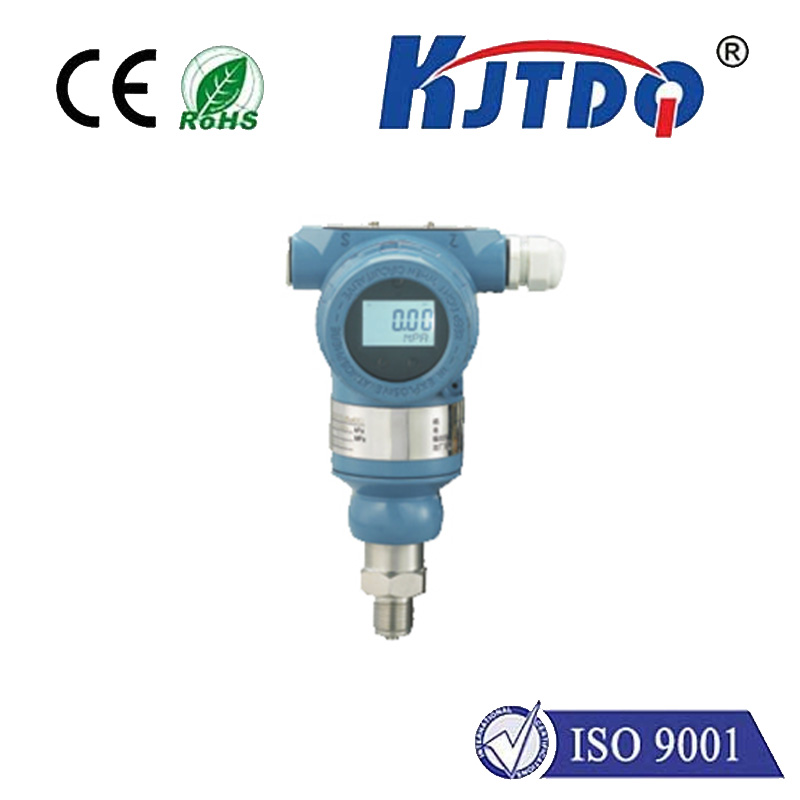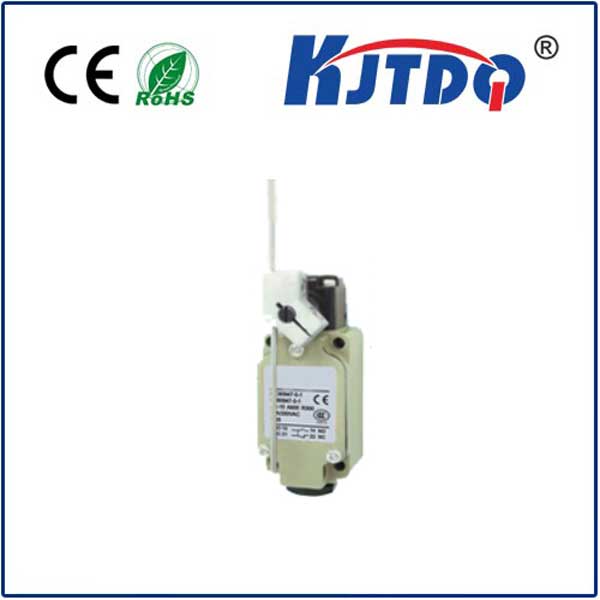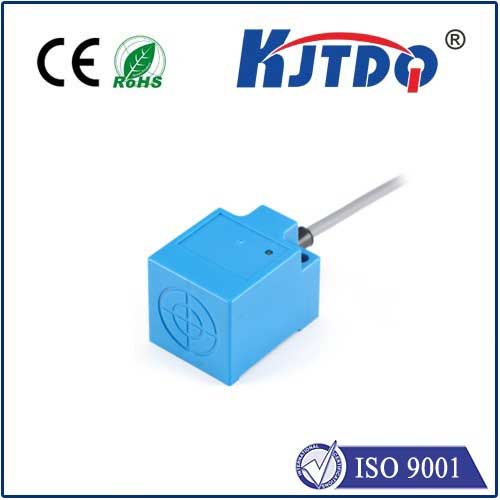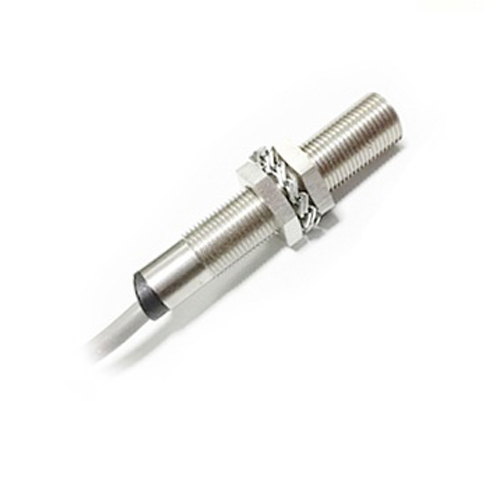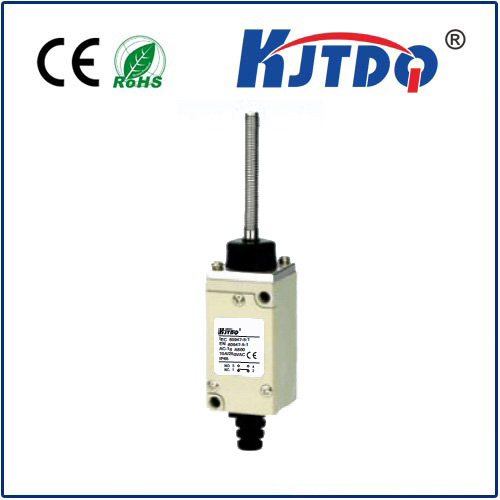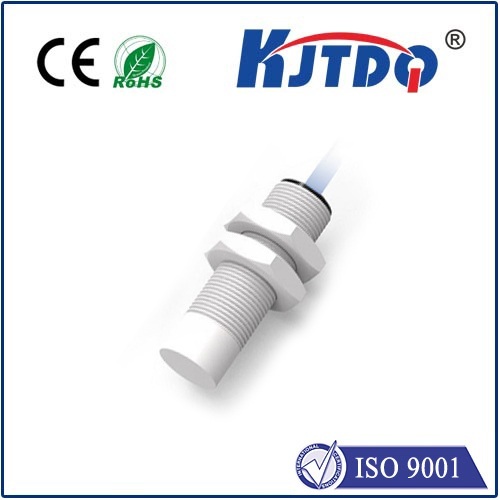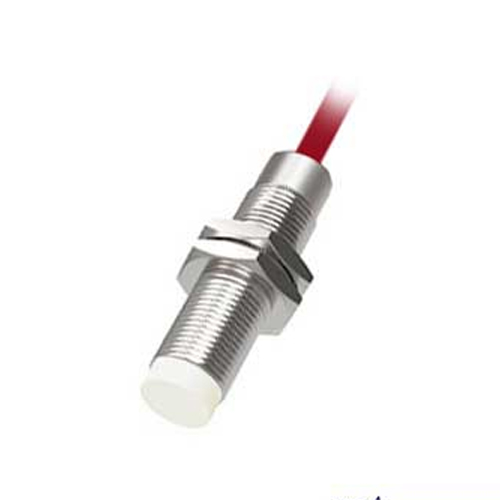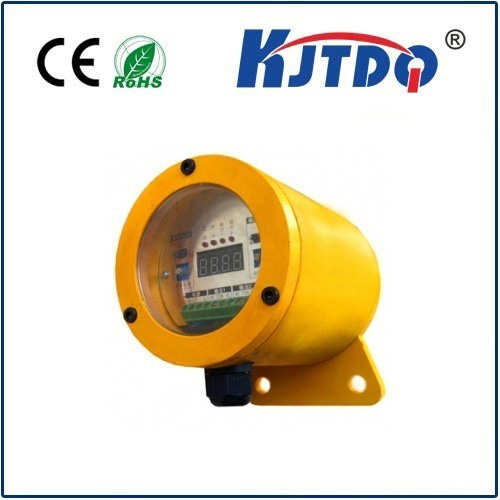
Проверка

Проверка

Проверка

Проверка

Проверка

Проверка
Laser Water Flow Sensors: Precision Meets Innovation in Fluid Dynamics In an era where water conservation and smart resource management dominate global conversations, the ability to measure water flow with unparalleled accuracy has become a game-changer. Enter laser water flow sensors—a cutting-edge technology redefining how industries, municipalities, and even households monitor and optimize water usage. Unlike traditional mechanical or ultrasonic sensors, these devices leverage the power of light to deliver non-invasive, real-time data, making them indispensable in applications ranging from industrial automation to environmental monitoring.
At the heart of a Лазерный датчик потока lies the principle of laser Doppler velocimetry (LDV). By directing a focused laser beam into a flowing fluid, the sensor detects subtle shifts in the light’s frequency caused by particles or bubbles moving within the water. This phenomenon, known as the Doppler effect, allows the device to calculate flow velocity with micron-level precision. Paired with advanced algorithms, the sensor translates these measurements into volumetric flow rates, offering a seamless blend of physics and digital innovation. What sets this technology apart is its non-contact design. Traditional sensors often require physical insertion into pipes, risking contamination or pressure loss. Laser sensors, however, operate externally, eliminating wear-and-tear and reducing maintenance costs. This makes them ideal for harsh environments, such as chemical processing plants or wastewater treatment facilities, where durability and reliability are non-negotiable.
Непревзойденная точность: Laser sensors achieve error margins as low as ±0.5%, far surpassing mechanical paddlewheels or turbine-based systems prone to calibration drift.
Zero Pressure Drop: By avoiding obstructions in the flow path, these sensors preserve system efficiency—a critical factor in high-pressure pipelines or energy-sensitive applications.

Multi-Parameter Detection: Beyond flow rate, advanced models can simultaneously measure temperature, turbidity, and even particle concentration, providing a holistic view of fluid quality.
Low Maintenance: With no moving parts, laser sensors resist fouling from debris or mineral buildup, ensuring long-term performance without frequent cleanings.
The versatility of laser water flow sensors is unlocking breakthroughs across sectors:
Smart Agriculture: Farmers now use these sensors to optimize irrigation, reducing water waste by up to 30% while maintaining crop yields. Real-time data helps balance soil moisture levels, preventing overwatering in drought-prone regions.
Pharmaceutical Manufacturing: In sterile environments, non-invasive sensors monitor purified water flows during drug production, ensuring compliance with stringent FDA guidelines.
Urban Water Management: Cities like Singapore and Amsterdam deploy laser-based networks to detect leaks in underground pipelines, slashing repair costs and conserving millions of gallons annually.
Renewable Energy: Hydropower plants rely on precise flow measurements to maximize turbine efficiency, contributing to greener energy output.
While laser water flow sensors offer transformative benefits, challenges remain. High initial costs and the need for specialized expertise can deter small-scale adopters. Additionally, performance may degrade in extremely turbid fluids where light scattering overwhelms the detector. However, ongoing R&D is addressing these hurdles. Miniaturized laser modules and AI-driven calibration tools are lowering entry barriers, while multi-wavelength systems enhance performance in murky liquids. Researchers are also exploring hybrid designs that combine laser tech with acoustic or electromagnetic sensing for all-condition reliability.
As sustainability mandates tighten, the demand for intelligent water management systems will only grow. Laser water flow sensors, with their blend of precision, adaptability, and durability, are poised to become the cornerstone of this revolution. From safeguarding freshwater ecosystems to enabling smarter factories, this technology isn’t just measuring flow—it’s shaping the future of how we interact with one of Earth’s most vital resources.
